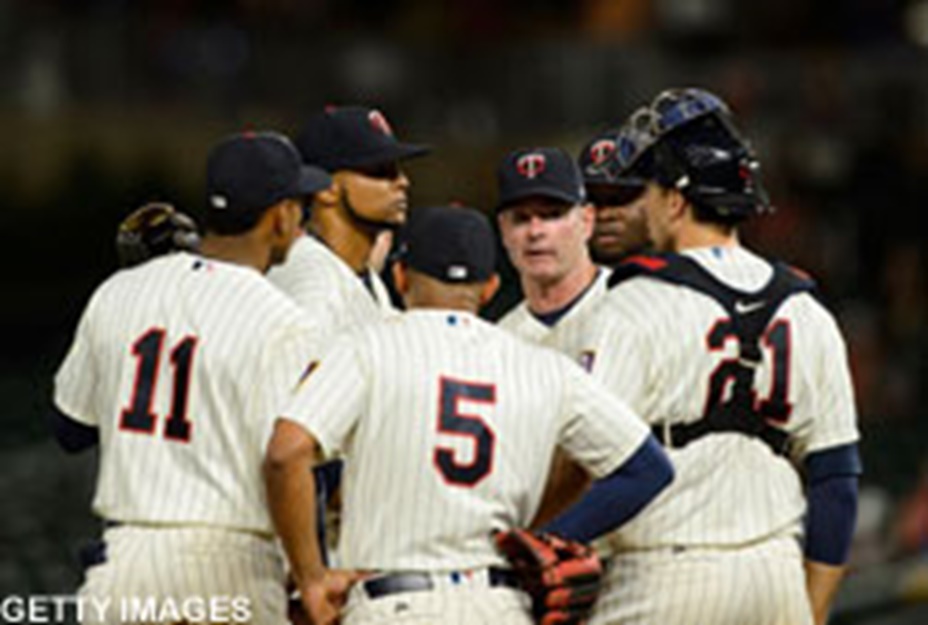The likelihood of future rules modifications to improve game pace in MLB, such as a pitch clock and limits on mound visits, is growing steadily. MLB Commissioner Rob Manfred after this season has the right to implement changes unilaterally, but he said yesterday he is still seeking formal agreements with the union. “If there’s any one thing that is true about my career in baseball is that I’m a deal guy at heart,” he said. “I’d much rather have an agreement than proceed unilaterally. That is particularly true that comes with changes that affect the play of the game on the field, because only the players are in between those lines.” MLBPA Exec Dir Tony Clark said the union is open-minded to potential changes, and that the lines of dialogue are open. “It’s always a delicate balance that you try to strike, improving the game while not changing it so much that even the current baseball fans don’t recognize it. I follow that by saying we’re more than willing, and have been willing, to talk about this” (Eric Fisher, Staff Writer).
PICK IT UP: Manfred said where pace of play "gets troubling, from a fan perspective, is tons and tons of strikeouts, no action, lots of pitching changes." Manfred: “That combination is troubling to me.” In N.Y., Tyler Kepner notes the average time of a nine-inning game has risen to 3 hours 5 minutes this season, which "would be the longest in history." Players are "seeing 3.9 pitches per plate appearance, the most in the 30 seasons tracked by Baseball Reference." This is also the third season in a row that teams have "averaged more than four pitchers per game, which had never happened" before '15 (N.Y. TIMES, 7/12). USA TODAY's Gabe Lacques writes while Manfred and Clark "avoided specifics such as a pitch clock, it appeared likely they would agree to changes and avoid a 'nuclear option' of sorts that Manfred suggested in March." Both Manfred and Clark "indicated that the overall health of the game" means they "don’t want to overthink tweaks too much" (USA TODAY, 7/12). The AP's Ronald Blum noted MLB "proposed several initiatives last offseason, including a 20-second pitch clock, a limit of one mound trip by a catcher per pitcher each inning and raising the bottom of the strike zone slightly" to its pre-'96 level . But the only change the union "agreed to was to allow intentional walks to be signaled without throwing pitches" (AP, 7/11).
COUNTDOWN BEGINS: USA TODAY's Bob Nightengale reports MLB will be "implementing a pitch clock next season" whether players "like it or not." Phillies P Pat Neshek said, "You know it’s going to happen, no doubt about it. Most of us don’t like it. But [Manfred is] going to do what he wants to do." Indians P Andrew Miller said, "I’m not for the pitch clock. I’m very against it. I wish we were listened to a little bit more. Having the downtime in games is a bigger issue for me. But I don’t think anybody is pushing on anything that’s going to ruin the game." Nightengale notes Manfred is "perturbed that there’s more inactivity than ever before, with about 33% of all at-bats resulting in a strikeout, a home run or a walk." Nationals 2B Daniel Murphy said, "I personally like the way the game is right now. It seems like the fans are enjoying themselves. I’m not hearing much grumbling from the players. This is a $9 billion industry, so the game just seems to be in a very healthy situation." Rockies CF Charlie Blackmon said, "I don’t want to play 3 1/2-hour games every night, but at the same time, I don’t want someone with a stopwatch telling me to get in and out of the box" (USA TODAY, 7/12).
BLAME GAME: In S.F., Bruce Jenkins wrote MLB umpires "refuse to crack down on stalling" as they are "gripped by fear and uncertainty." The umpires have "given up, and you get a travesty" such as Rays P Xavier Cedeño taking 36 seconds before delivering or Phillies CF Odubel Herrera "averaging 43 seconds between pitches" (S.F. CHRONICLE, 7/10). In Boston, Nick Cafardo wrote it "happens all the time" when a pitcher is "ready to throw and the batter is still not in the box." There has to be "more reinforcement of the rule for the batter." Red Sox players have said that they "receive warning letters and fines, but they obviously have not been a deterrent" (BOSTON GLOBE, 7/9).




